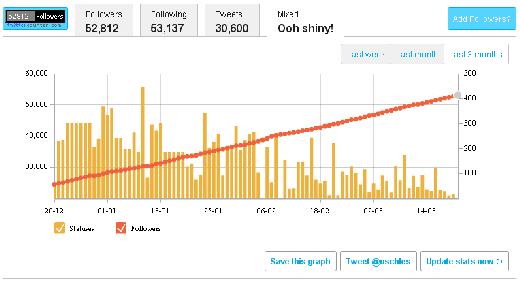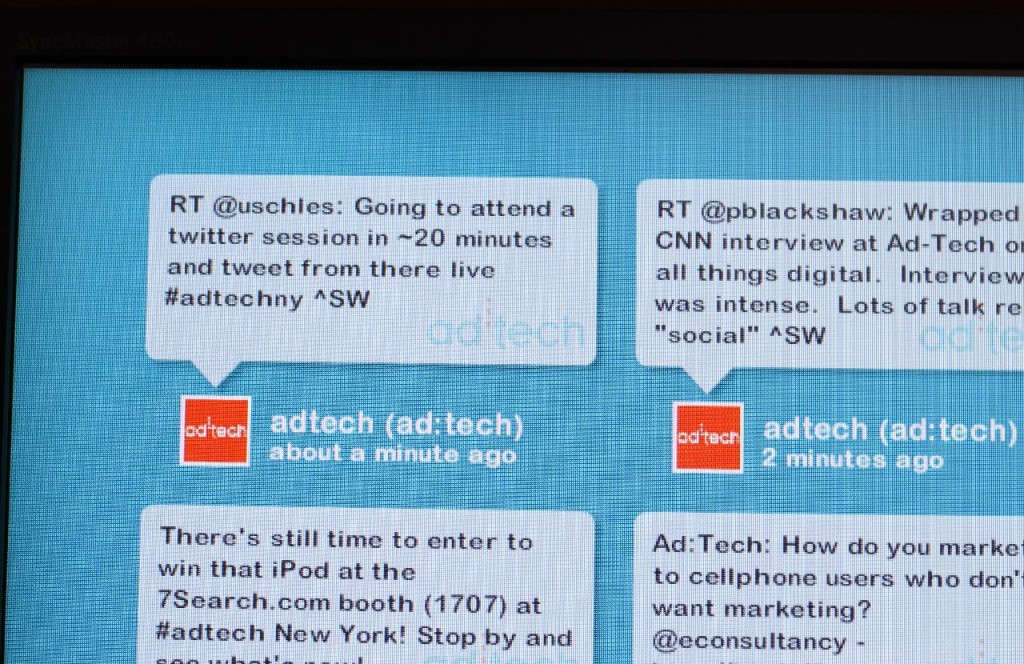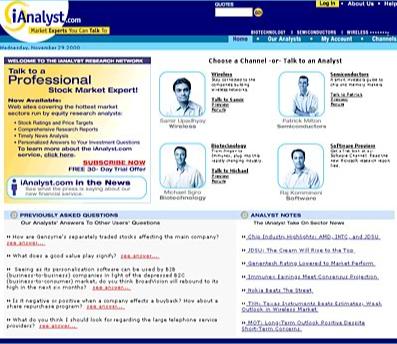
Today, a year ago, I went to a technology networking event with a friend of mine. On our way to the event he told me: “dude, you and me – we have to join Twitter”. I said “Why? It doesn’t have anything that Facebook doesn’t that I need” (yes, I know I was wrong). Then he shared with me the following story:
“Yesterday I went to a public event. When it was nearly over, the organizer asked us all to vote on a subject. He said ‘Log in to Twitter now and tweet me YES or NO’. I had no idea what he meant. I never used Twitter – so I sat there doing nothing, while everyone logged in to their Twitter accounts and voted. That’s when I realized that I’m getting old”. Then he looked at me and said: “You and I – we have to join Twitter”.
He was right, you know. I think that’s how it happens. A new generation of software/products comes along and you skip it, thinking that if you ever want to master it, it won’t be a big deal (and it really won’t).
The next generation of the software/product is eventually released: features are added, the existing terminology and slang are expanded. You ignore it again.
When the third expansion happens, you suddenly realize: even if you wanted to, you are so far behind that it’s next to impossible to catch up unless you make a considerable effort, which older people – ok, translation – people with a full time jobs and kids – can’t afford. So you fall back… and accept defeat on this.
When it happens multiple times. You, my friend, are officially old – or at the very least, not young anymore. Doesn’t matter your real age. I’ve seen it multiple times. I remember my father couldn’t use a PC until he made a major effort to master it (and that he did!). My wife’s grandmother couldn’t even use a remote control. I believe it all starts this way.
So when my friend said this, it resonated with me: I immediately realized that he’s simply right. Twitter was just starting to be hot and we had to be involved… or risk the consequences.
I hope you realize that Twitter is just an example here, it could be any number of technologies. My point is not that joining Twitter is mandatory, but the fact that our social circle (the one my friend & I belong to) used it extensively, it was considered important, and we were out of the loop – now, that was significant.
Once I got home I signed up to Twitter and very quickly realized that I’m quite bored. I used it on and off for a few months, until I started using it intensively towards a specific goal four months later (namely, the promotion of this blog). The rest is history (… as this blog demonstrates quite well … look which word is biggest in my tag cloud).
So happy birthday to my Twitter account! It’s been mainly a good year. I met a lot of great people. I made tons of business connections. Numerous business opportunities were created, and multiple friendships as well. Some, I hope, will last me my entire life. I also met some – not a lot of – negative people, but I’d like to think I learned from these experiences too. In conclusion, overall I think it was a pretty good Twitter year for me.





